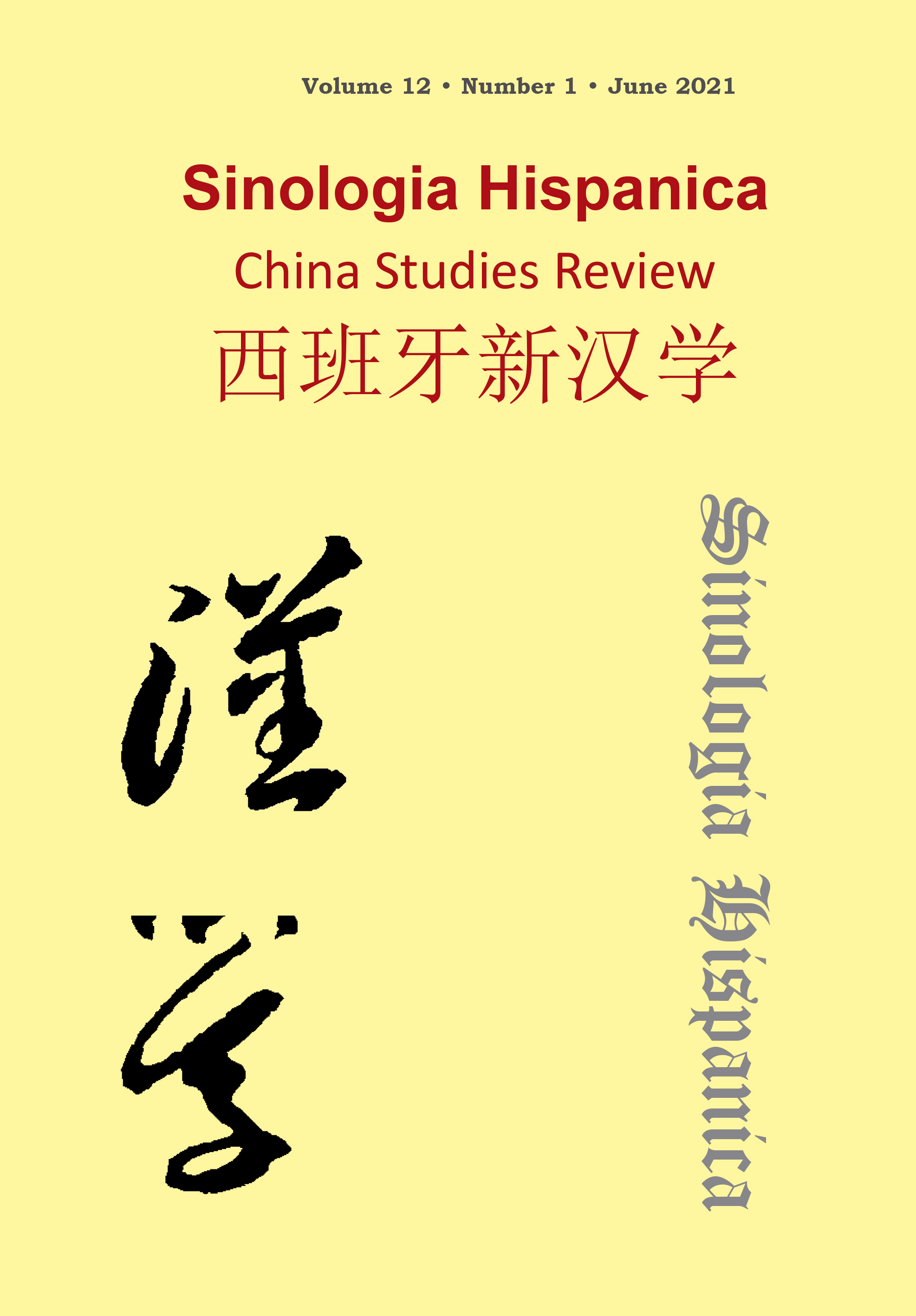Multi-techniques in the Spanish translation of euphemisms in Chinese classical works of the Ming and Qing dynasties
DOI:
https://doi.org/10.18002/sin.v12i1.7105关键词:
literary translation, Chinese-Spanish, euphemism, descriptive studies摘要
In this article, we show the results of a study on the translation into Spanish of euphemisms in three classical Chinese novels. Through our analysis, it has been confirmed that there are three predominant techniques in translation, which are literal translation, euphemistic equivalent, and explicitness. When comparing the euphemistic degree, we found that there is a tendency towards explicitness in all three translations. Regarding the foreignizing or domesticating tendency, we found that Jin Ping Mei tends to be more foreignizing, and the other two translations are more domesticating. We think that the reasons for these differences are due to, firstly, the fact that the distributions of the areas of the euphemism in the three works are different, and, secondly, to the fact that each translator has his or her own style and objectives when translating.Downloads
Métricas alternativas
Downloads
已出版
How to Cite
期
栏目
License
Copyright (c) 2021 Cai Yazhi

This work is licensed under a Creative Commons Attribution-NonCommercial-ShareAlike 4.0 International License.
Sinología Hispánica. China Studies Review considers all manuscripts on the strict condition that:
- The authors assign the exploitation rights (reproduction, distribution, public communication and transformation) of the work accepted for publication to the University of León on a non-exclusive basis. Authors can establish, on their own, additional agreements for the non-exclusive distribution of the version of the work published in the journal (for example, placing it in an institutional repository or publishing it in a book), always acknowledging the initial publication. in this magazine.
- The manuscript is your own original work and does not duplicate any other previously published work, including your own previously published work.
- The manuscript is not currently under consideration or peer review, nor accepted for publication, nor in press, nor published elsewhere.
- The manuscript contains nothing that is abusive, defamatory, libellous, obscene, fraudulent, or illegal.
- Please note that Sinologia Hispanica uses Turnitin software to screen manuscripts for unoriginal material. By submitting your manuscript to Sinologia Hispanica you are agreeing to any necessary originality checks your manuscript may have to undergo during the peer-review and production processes. Any author who fails to adhere to the above conditions will be rejected.
- Authors are allowed and encouraged to electronically disseminate the pre-printed versions (version before being evaluated) and / or post-printing (version evaluated and accepted for publication) of their works before publication, since it favors their circulation and dissemination more early and with it, a possible increase in its citation and reach among the academic community.
Sinologia Hispanica is under an international license Creative Commons Attribution-Noncommercial-Share Alike 4.0. You can read more about this license in an informative version and legal text.










